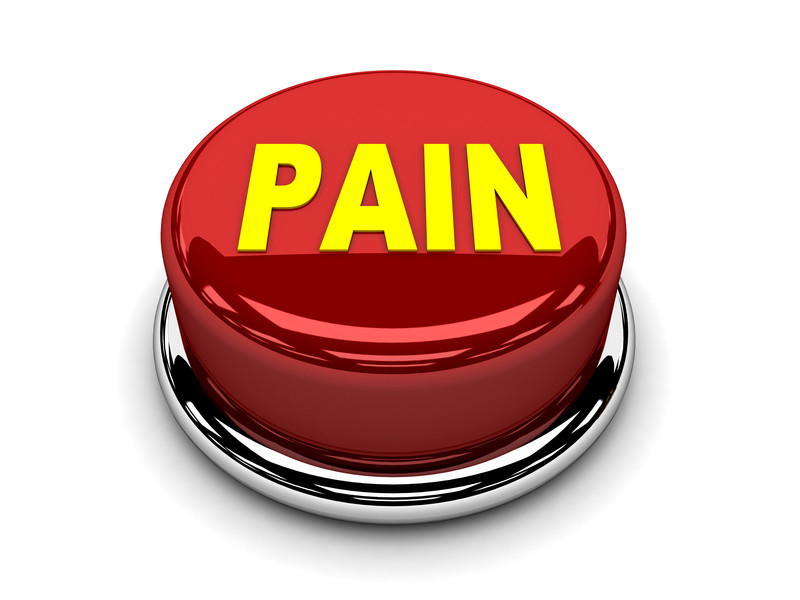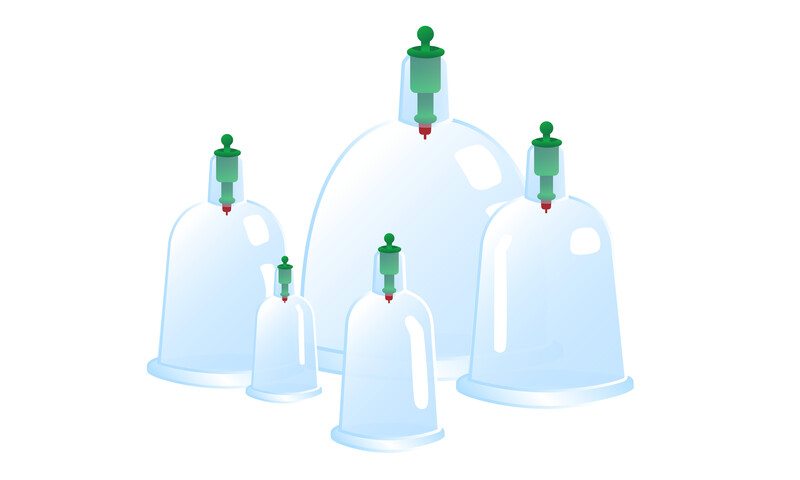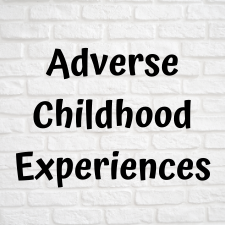
Each year, millions of women give birth around the nation and world. While it seems like a perfectly natural thing, there are many women who are left with postpartum chronic pain.
It’s important that we have an understanding of postpartum chronic pain so that we can help those who are suffering from it.
The more we know about the condition, the more we will be able to help prevent it, as well as help those who have it, so that they can have an improved quality of life.
A study published in the October 2018 issue of the journal Minerva Anestesiologica, addressed the issue of postpartum chronic pain.
They report that up to 11.5% of women experience it after their delivery and recovery period. After reviewing the literature on postpartum chronic pain, they found that the features of it depended on the type of delivery that the woman experienced.
What the researchers report is that those who have caesarian delivery, which has been on the rise around the world, is associated with a lower rate of chronic postpartum pain.
This is specifically the case when looking at chronic pelvic pain. They also found that chronic scar pain was of mild intensity.
On the other end of the spectrum, their research found that after vaginal delivery, there is a negative impact on the woman’s mood when they experience chronic pelvic pain and perineal pain and that it has an impact on their quality of life.
Despite the differences in the type of delivery, they still found that individual risk factors were more important than the degree of trauma that the mother experienced during delivery.
The researchers advised that the problem may be reduced if there were better pain education for the patient, as well as the health care providers.
Addressing chronic postpartum pain is an important issue.
In an opinion report issued by The American College of Obstetrics and Gynecologists, they advise that pain can interfere with a woman’s ability to care for herself and her infant.
They also express concern that the 1 in 300 opioid-naïve patients who are exposed to the drug after a caesarian birth will become persistent users of it.
They recommend that pain management is effectively individualized for women during the postpartum period. Which is why it’s important that we have an understanding of postpartum chronic pain
Keeping in line with what has been recommended, it’s important that healthcare providers take postpartum chronic pain seriously.
It is an issue that needs to be addressed individually and that patients need to be educated so that they have a better quality of life and know a variety of ways that they can address chronic pain.
Sources:
- Minerva Anestesiologica. Postpartum chronic pain. https://www.ncbi.nlm.nih.gov/pubmed/30394066
- The American College of Obstetrics and Gynecologists. ACOG committee opinion number 742. https://www.acog.org/Clinical-Guidance-and-Publications/Committee-Opinions/Committee-on-Obstetric-Practice/Postpartum-Pain-Management?IsMobileSet=false







